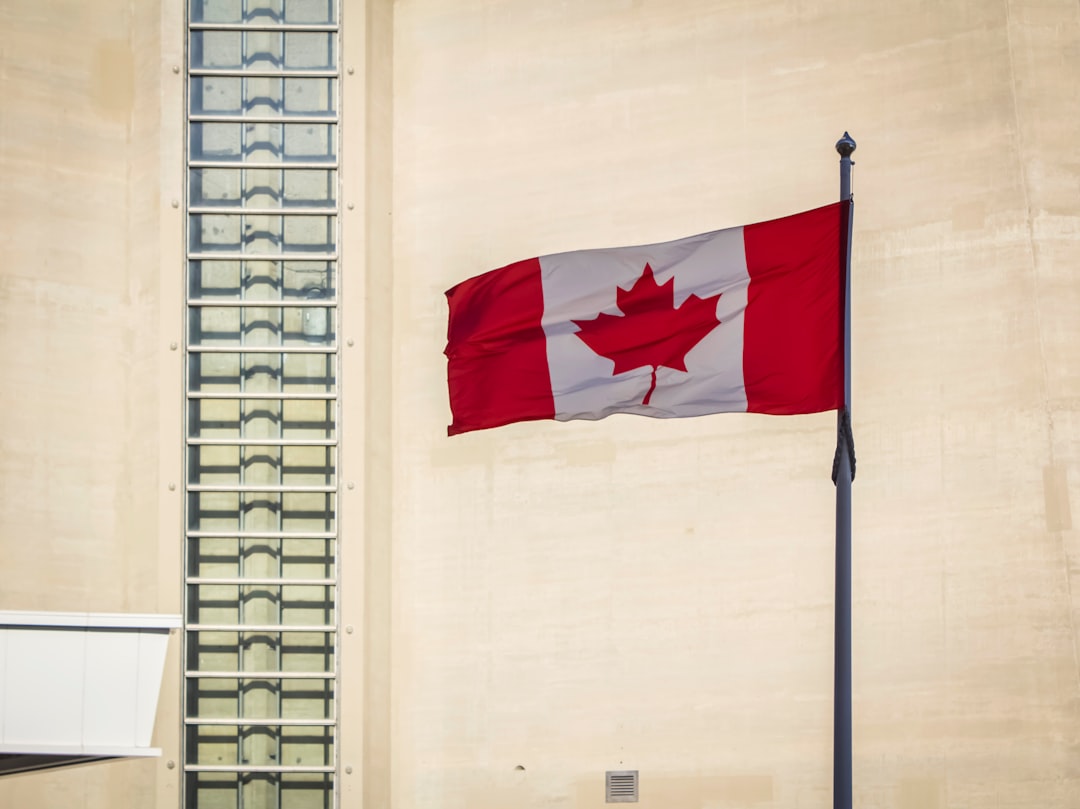The federal government moved to end the nationwide Air Canada strike by ordering binding arbitration after talks between the airline and the Canadian Union of Public Employees (CUPE) collapsed. The walkout by more than 10,000 flight attendants began at 1:00 a.m. ET on August 16, 2025, immediately grounding most of the carrier’s schedule and affecting about 130,000 travelers per day, including an estimated 25,000 Canadians abroad. Air Canada said it suspended most of its roughly 700 daily flights and urged customers not to go to the airport unless they held a confirmed ticket on another airline.
Thirty minutes after the strike started, Air Canada and Air Canada Rouge imposed a lockout of CUPE-represented flight attendants at 1:30 a.m. ET. The airline had already begun a phased schedule cut in the days leading up to the strike, signaling the scale of the disruption. Flights operated by Air Canada Express partners Jazz and PAL continue as scheduled, offering limited options during peak summer travel.

Government orders binding arbitration
The Honourable Patty Hajdu, Minister of Jobs and Families, used her powers under section 107 of the Canada Labour Code to direct the Canada Industrial Relations Board (CIRB) to impose final and binding arbitration on the dispute. In plain terms, a neutral decision-maker will now settle the contract issues, and both sides must accept the outcome.
Under the order, the terms of the current collective agreement stay in place until the arbitrator sets a new one. The government framed the action as necessary to protect economic stability and keep goods moving.
Minister Hajdu said the strike was already hitting key parts of the Canadian economy, including cargo shipments. The government noted Air Canada moves over 40% of air freight in the country, and that delays could affect time-sensitive goods such as pharmaceuticals and organ tissue. Ottawa’s move signals the priority placed on supply chains, especially during heavy travel and shipping periods.
According to analysis by VisaVerge.com, the shift to binding arbitration places the dispute on a defined legal track while preserving current terms, which can help stabilize operations as the case progresses before the CIRB. While the timeline rests with the Board’s process, both sides lose some leverage to prolong the fight once arbitration is in play.
CUPE said the core issue for flight attendants is pay for ground duties, including boarding, deplaning, and waiting between flights—tasks for which they say they currently receive no compensation. The union argued eight months of talks did not address these concerns.
Air Canada expressed regret for the disruption, said it remains engaged in talks, and stressed that capacity on other carriers is limited in the summer peak. The airline asked customers to avoid the airport unless they have alternate confirmed travel.
Impact on travel and cargo
The immediate effects are widespread. Hundreds of flights are cancelled each day, and rebooking space across the network is tight. With aircraft, crews, and routes already under heavy demand, even small schedule gaps cascade quickly.
Travelers with fixed dates for weddings, study starts, medical care, or international connections face hard choices and long wait times at call centers.
The cargo side is also strained. With Air Canada carrying a large share of domestic and international freight, the stoppage complicates deliveries that need controlled environments or fast handoffs. That includes medical shipments named by officials, which can’t sit for days waiting for a slot.
While the government’s step aims to speed resolution, the CIRB’s timeline will determine when full service returns. If the arbitration process stretches on, the ripple effects could last through the late summer rush.
What travelers can do now
Air Canada set out options to help customers manage plans while the dispute proceeds. Because seats are scarce during peak season, travelers should act quickly once they receive a notice.
Important customer options (dates and eligibility highlighted):
– Free changes for tickets purchased or Aeroplan rewards redeemed by August 14, 2025, for travel between August 15 and August 19, 2025.
– Rebooking allowed for travel between August 21 and September 12, 2025.
– Full refunds for unused portions of tickets purchased on or before August 15, 2025, for travel between August 16 and August 17, 2025.
– Non‑refundable fares can be converted to Air Canada Wallet credit or a Future Travel Credit.
– Customers will be notified in advance of cancellations and may be rebooked on other airlines, but seats remain limited.
Expect longer wait times when calling the contact center due to high volumes. Air Canada advises customers not to go to the airport unless they have a confirmed seat with another airline.
Step-by-step process for affected passengers:
1. Check flight status: Use Air Canada’s website or contact center to confirm if your flight is affected.
2. Change or cancel: Retrieve your booking online to switch flights for free or request a refund/credit.
3. Refunds: Ask for a full refund for eligible tickets if your flight is cancelled or you choose not to travel.
4. Package trips: If you booked through Air Canada Vacations, contact them directly.
5. Watch for alerts: Keep an eye on email and text messages for cancellation notices or new itineraries.
Passengers may be entitled to compensation under the air passenger protection rules; details are available on Air Canada’s site.
For the latest airline updates, FAQs, and to manage bookings, visit Air Canada’s action page: https://www.aircanada.com/us/en/aco/home/book/travel-news-and-updates/2025/ac-action.html.
For official government statements on the arbitration order, see the Employment and Social Development Canada page: https://www.canada.ca/en/employment-social-development/news/2025/08/statement-from-minister-hajdu.html.
What comes next
The CIRB will conduct the arbitration and set the timeline for a final decision. Until that decision, the existing collective agreement remains in force. That stability can help the airline rebuild parts of its schedule, but full recovery depends on staffing, fleet availability, and the speed of the Board’s process.
CUPE has warned that arbitration could reduce pressure on Air Canada to bargain directly. The airline says it remains open to talks while complying with the order.
Eight months of bargaining brought the parties to a standstill. The pay dispute for ground duties was central, but overall working conditions also played a role. Ottawa’s use of section 107 is rare, but not without precedent when a nationwide stoppage threatens the broader economy and public interest.
For families, students, and visitors traveling this month, the practical effects are clear: fewer flights, scarce seats on other carriers, and time-sensitive trips at risk. The best actions are to:
– Use the free change windows if available.
– Accept a credit if your plans are flexible.
– Secure a refund when you need to start fresh with another option.
– Keep all emails and receipts in case you seek compensation later.
Air Canada’s media team can be reached at [email protected]. CUPE will provide updates on its official channels as the arbitration proceeds. The government says it will keep monitoring travel and cargo flows to protect Canadians at home and abroad while the dispute is settled through binding arbitration.
This Article in a Nutshell
Federal binding arbitration halted Air Canada’s nationwide strike after talks collapsed, stabilizing contracts temporarily. Over 10,000 attendants struck August 16, 2025, grounding 700 daily flights and disrupting travel, cargo, and time-sensitive shipments; passengers should check flight status, use free changes, or request refunds amid limited alternative seats.













